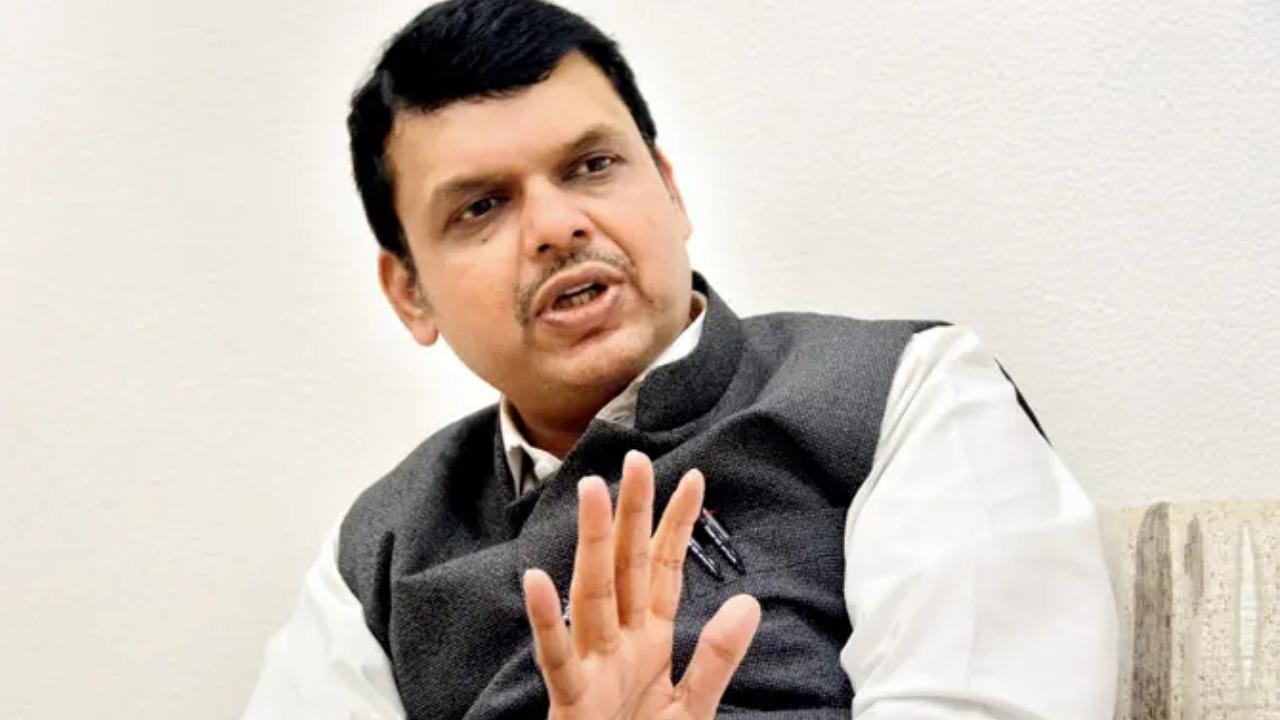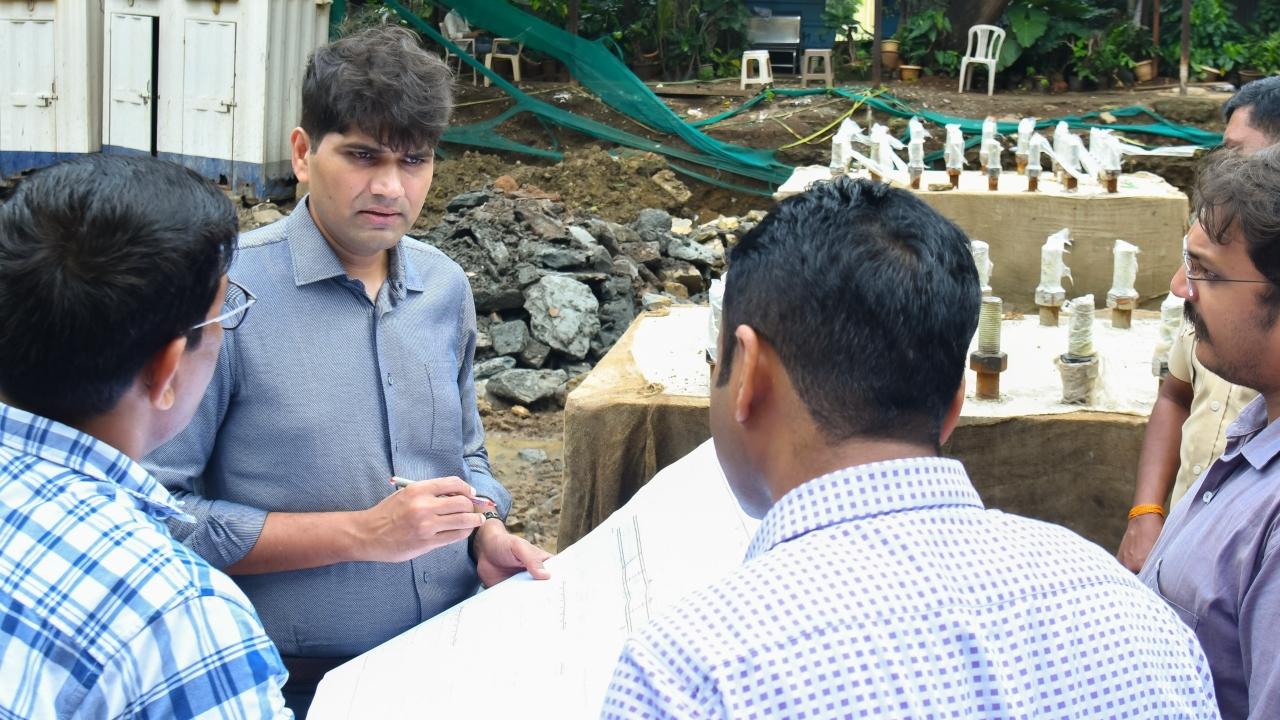
Informers who take risks to provide credible information to authorities, based on which tax evaders are brought to book, ought to be rewarded fairly in accordance with the government scheme, the Bombay High Court (HC) stated on Tuesday.
According to news agency PTI, a bench comprising Justices MS Sonak and Jitendra Jain directed the Maharashtra government to pay an interim reward of Rs 19 lakh to a 76-year-old man who has been providing information about sales tax evaders since 1992.
The court ordered the government to determine the exact reward payable to the petitioner, Darshan Singh Parmar, within six months.
Parmar submitted that he had been supplying valuable information to the state and the sales tax department since 1992, on the basis of which recoveries had been made from tax evaders, reported PTI.
The bench criticised the authorities for wasting both the petitioner’s and the court’s time by failing to clearly communicate the amount payable as a reward and the recoveries made based on Parmar’s information.
Once a government reward scheme is put in place, it must be administered “fairly and squarely”, the bench observed.
“Informers, based on whose information tax evaders are brought to book and taxes recovered, should not be made to run from pillar to post or otherwise suffer frustration,” it held.
The court emphasised that informers who take risks and invest their time should not be left to struggle to secure what is rightfully theirs, reported PTI.
It further stated that there must be no unreasonable delay in disbursing the reward amounts once determined, and that raising frivolous or delayed objections merely to avoid legitimate payments must be avoided.
Parmar asserted in his plea that, without justification, he had not received the rewards due to him.
The bench noted that in 2015, the authorities had assessed a certain sum payable to Parmar as a reward. However, as it exceeded Rs 5 lakh, the state government’s sanction was required for disbursement.
The judges remarked that, despite several earlier orders issued by the HC, the authorities had shown little seriousness in recovering dues from tax evaders or in determining the reward amount owed to Parmar.
“The respondents have consistently been uncooperative in providing the necessary details, solely to delay the payment indefinitely,” the court said.
In 2024, the Joint Commissioner of Sales Tax acknowledged that Rs 19 lakh was payable to Parmar as a reward. Parmar, however, contended that the amount was insufficient and that he was entitled to more.
The bench stated that it was not in a position to ascertain the exact reward amount at this stage.
It ordered the government to pay the Rs 19 lakh within six weeks, and to determine the full amount payable to Parmar within six months.
Additionally, the court directed that the Sales Tax Commissioner and the State Finance Secretary must, within six months, determine the precise reward amount due to the petitioner and disburse the same within two months thereafter.
(With PTI inputs)









